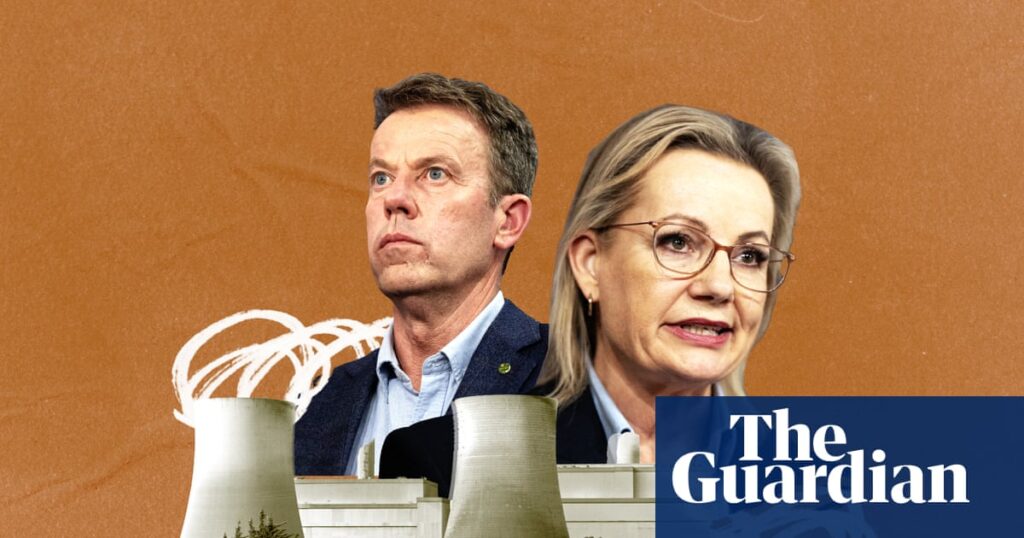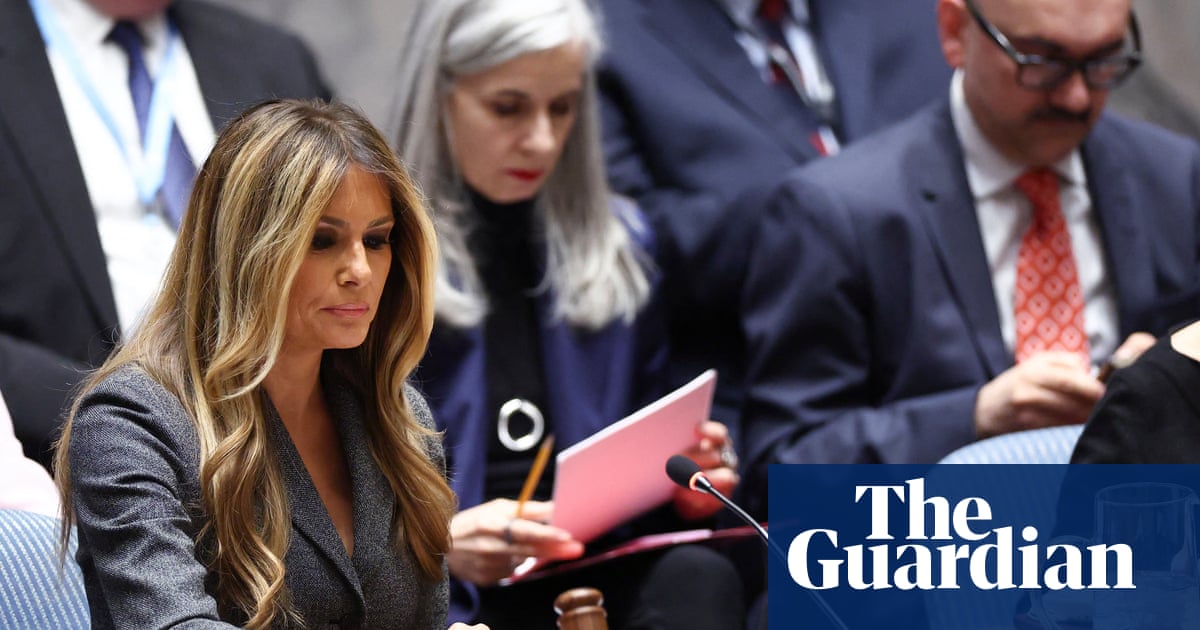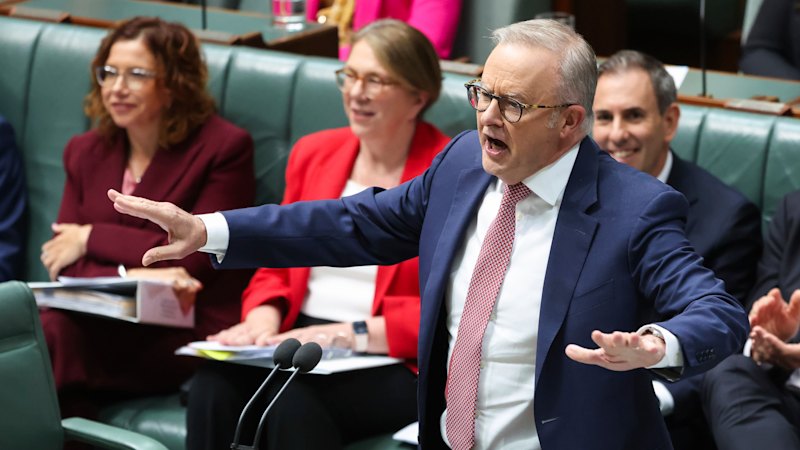
Coalition MPs are being instructed to argue that abandoning a net zero emissions target remains “entirely consistent” with the Paris Agreement. This comes despite leaked documents suggesting that the opposition is aware of potential conflicts with Australia’s obligations under the international climate pact.
Guardian Australia has obtained talking points distributed to MPs to maintain a unified stance on Sussan Ley’s new energy and emissions plan, finalized after months of internal debate. The plan has seen varied responses from Coalition members, with moderates like Dave Sharma, Tim Wilson, Andrew Bragg, and Julian Leeser opting to avoid discussing it on their social media platforms.
Paris Agreement and Australia’s Commitments
The opposition has committed to withdrawing from a net zero emissions target while remaining part of the Paris Agreement, allowing MPs to claim the Coalition hasn’t forsaken climate action. The Paris Agreement aims for global carbon neutrality in the latter half of the century and does not mandate countries to set net zero targets. However, it requires signatories to incrementally enhance their emissions reduction goals to “reflect its highest possible ambitions” with each five-year target, prohibiting the downgrading of existing commitments.
A future Coalition government would breach Australia’s obligations if it rescinded the net zero by 2050 target and the Albanese government’s 2030 and 2035 goals, as currently planned. The leaked talking points prepare MPs to address questions about the Paris Agreement, including whether it is contradictory to drop the net zero 2050 target while staying in the agreement.
“There is no contradiction at all. The Paris Agreement is built on national choice,” the suggested response reads. “Australia will remain in Paris. We will continue to reduce emissions. But we will do it in a way that keeps power affordable for families who are already under pressure. That is entirely consistent with Paris and it is the right call for our country.”
Internal Tensions and Public Messaging
The guidance acknowledges potential scrutiny over how the position aligns with the Paris requirement to consistently increase targets, indicating the Coalition’s awareness of the apparent contradiction. MPs are advised to emphasize that “Paris does not require Australia to copy Labor. Paris requires Australia to contribute.”
The document also highlights that the Paris Agreement is a “collective agreement, not a contract with penalties,” encouraging countries to offer their highest possible ambition. “Our view is that the highest responsible ambition Australia can offer is one that keeps energy costs down, protects jobs, and continues responsible emissions reduction,” it stated.
Guardian Australia reached out to Dan Tehan, the shadow minister for energy and emissions reduction, for comment on whether abandoning a net zero emissions target aligns with Australia’s Paris obligations. “As detailed in the talking points, the answer is yes,” a spokesperson confirmed.
Coal-Fired Power and Economic Considerations
Following the initial distribution of talking points, an updated version was circulated to address potential questions about funding coal-fired power stations. Moderate Liberal MPs expressed frustration after the policy left open the possibility of using taxpayer funds to support coal-fired power stations through a “technology neutral” capacity investment scheme.
Nationals senator Matt Canavan has used the policy to advocate for new coal-fired power station construction. In a recent interview, Ley stated that a coal project could receive subsidies under the Coalition’s plan “if it stacks up,” though she stressed no such proposals currently exist.
MPs are advised to respond to inquiries about taxpayer support for new coal projects by stating: “If a private investor wants to propose a project of any kind, they would have to demonstrate that it delivers affordable power, that it stacks up commercially, and that it fits within the rules of the scheme.” The document emphasizes, “There is no blank cheque and there is no planning to build new coal fire plants.”
Industry Reactions and Future Implications
Since Sunday’s announcement, Ley has made nearly 30 media appearances advocating for the policy, arguing that abandoning a net zero emissions target and pursuing “energy abundance” – including coal and nuclear – would reduce power prices for households and businesses. However, industry groups and energy experts have contested this claim.
The suggested messaging has left some MPs confused and frustrated as they navigate how to promote or defend the policy to constituents. “It could be argued that the policy brings all sides of the Coalition together,” one Coalition MP remarked. “No one is sounding convincing on any issue regarding anything.”
This development represents a significant shift in Australia’s climate policy, with potential ramifications for its international standing and domestic energy strategy. As the debate continues, the Coalition’s approach will likely face further scrutiny both at home and abroad.






